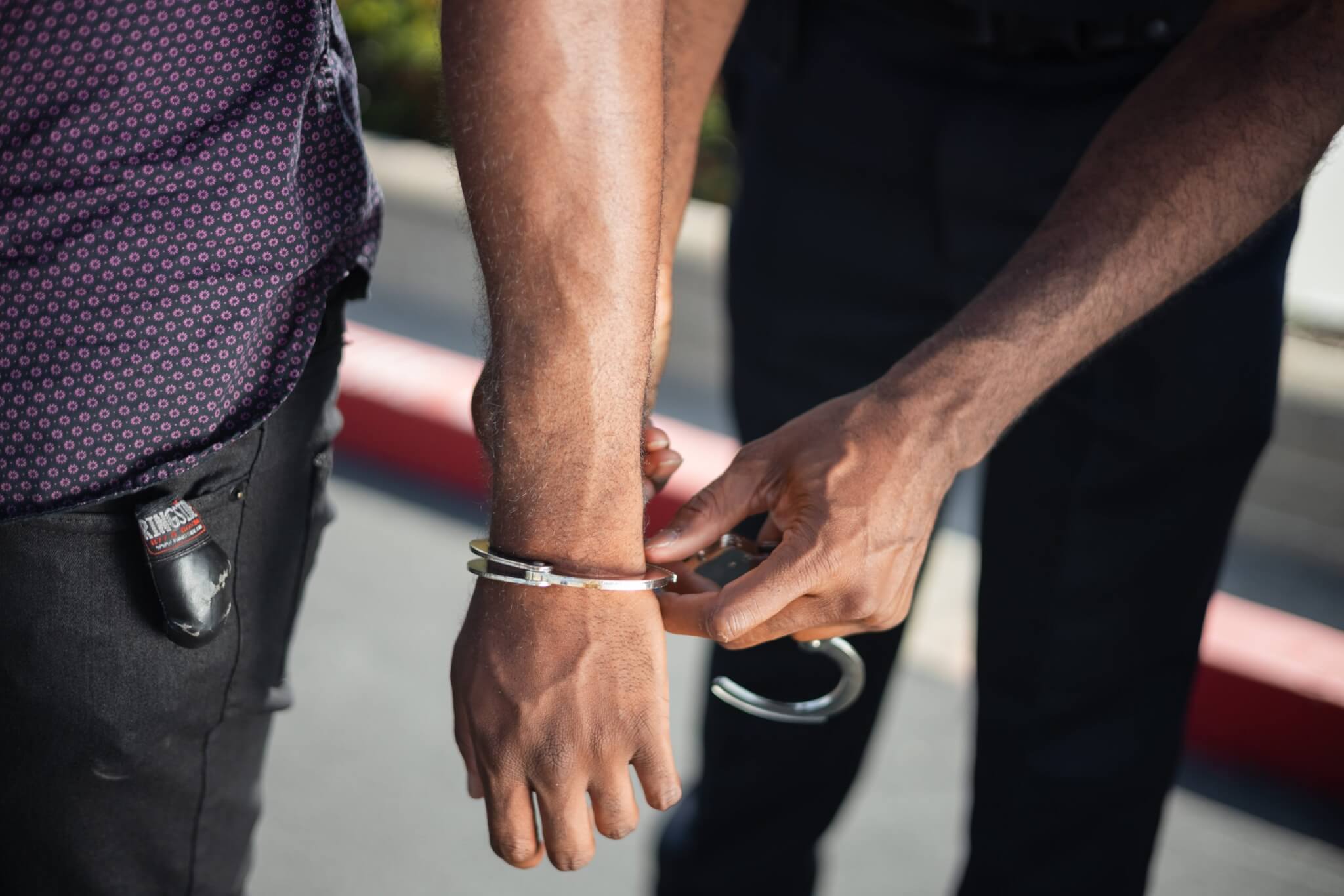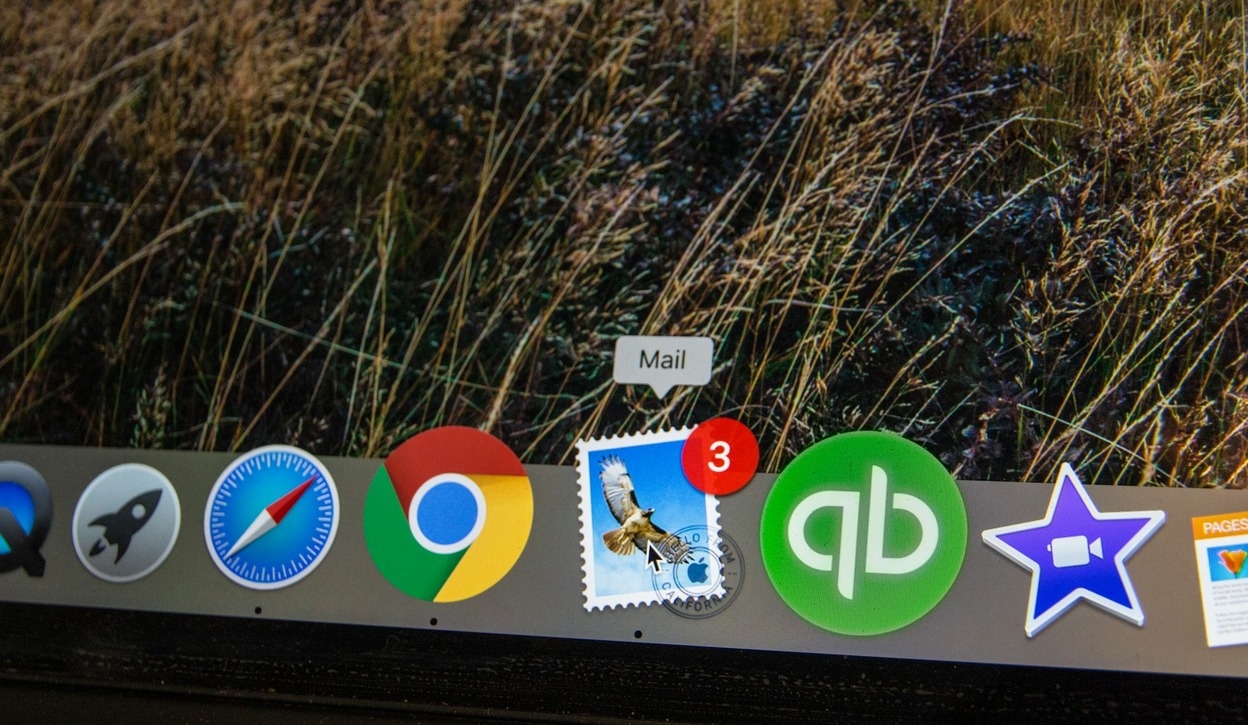A Complete Guide to Clearing Your Criminal Record
Will Simonds
Reading time: 5 minutes

Table of Contents
If you’ve ever been arrested for or convicted of a crime, you know that information will stay with you on your permanent criminal record.
Since criminal records are also available to the public, the mistakes of your past can continue to make your life difficult in many ways.
However, in some circumstances, it can be possible to clear your criminal record. In this guide, we’ll go over the entire process, and what it takes to clear your record for good.
The difference ways to clear a criminal record
First things first: there are two ways of potentially clearing your criminal record in the United States—“expunging” the record and “sealing” the record.
An expungement removes arrests and convictions from your criminal record entirely, as if they never happened. Even courts and prosecutors cannot access an expunged record.
Sealing a criminal record, on the other hand, removes that record from public view, such as for background checks. However, sealed records can still be accessed by court order.
How to clear your criminal record
The steps toward clearing a criminal record differ state to state, but here are some general actions to take to get you started.
1. Determine your eligibility
The potential to clear a record depends on your eligibility for record expungement or sealing.
Requirements in each state depend on a range of conditions, but below are listed some factors that typically make an individual’s record eligible for either.
- 3 years since arrest/conviction in question
- First-time offender
- No conviction/misdemeanor conviction
- Juvenile at time of conviction
- Already served out sentence
- 1 year with no further offense after conviction
- Charges dropped or dismissed
- No felony convictions during 5-year period before arrest
Federal crimes are typically not eligible for expungement across the board. Additionally, violent offenses, homicides, sexual offenses, DUIs, and fraud offenses are also not typically eligible for expungement under any circumstances.
The best way to find out your eligibility is to contact your local courthouse, or hire a lawyer.
2. File a petition
Once your eligibility is determined, obtain all required documents to file a petition for either expungement or sealing your records with the court that heard the original case. Filing this petition usually costs between $100 and $600.
Additionally, in some states, if it has been less than 3 years from when the case concluded, you will also need to file a “General Waiver and Release.”
3. Appear for the court hearing
After your petition is read by the court, in some situations, such as if the states attorney objects to your petition, you might be required to show up for a hearing.
The court will use the hearing to decide if you are entitled to record expungement or sealing.
4. Remove your sensitive information from the Internet
When you’ve finished the process to clear your records, a final step you should take is to make sure there is no evidence about your past arrests or convictions online, such as mugshots, police records, or anything else that could harm your reputation.
Because here’s the reality: companies called data brokers gather sensitive personal information online that they then sell, basically to anyone willing to pay. This information could include data like your home address, names of your relatives, and even your criminal records.
So, even if your criminal record gets cleared, data brokers could still have that information.
To avoid this, you need to remove your profile from every data-broker site. Either go through the process yourself using this free DIY opt-out guide, or let DeleteMe help do it for you.
How long it takes for a criminal record to clear
There is no set timeline for the clearing of your criminal record, and it depends on many factors.
In most states, you have to wait at least 3 years after the conclusion of your case before filing for record expungement or sealing. The waiting period can be shorter or longer depending on the details of your case and the legislation of the state that you’re in.
The process of sealing or expungement itself can take anywhere from 1 to 6 months.
Take steps to protect yourself
Clearing your criminal record is an amazing undertaking that will improve the quality of your life, so don’t let it go to waste by leaving your online information vulnerable.
DeleteMe specializes in data removal and protection. For over ten years we’ve served millions of customers by opting them out of data-broker sites on their behalf, and monitoring those databases continually to make sure that it never gets relisted.
By making sure there’s no information available online that could affect you negatively, you guarantee yourself a clean slate to enjoy a brighter future full of opportunities.
Our privacy advisors:
- Continuously find and remove your sensitive data online
- Stop companies from selling your data – all year long
- Have removed 35M+ records
of personal data from the web
Save 10% on any individual and
family privacy plan
with code: BLOG10
news?
Don’t have the time?
DeleteMe is our premium privacy service that removes you from more than 750 data brokers like Whitepages, Spokeo, BeenVerified, plus many more.
Save 10% on DeleteMe when you use the code BLOG10.















